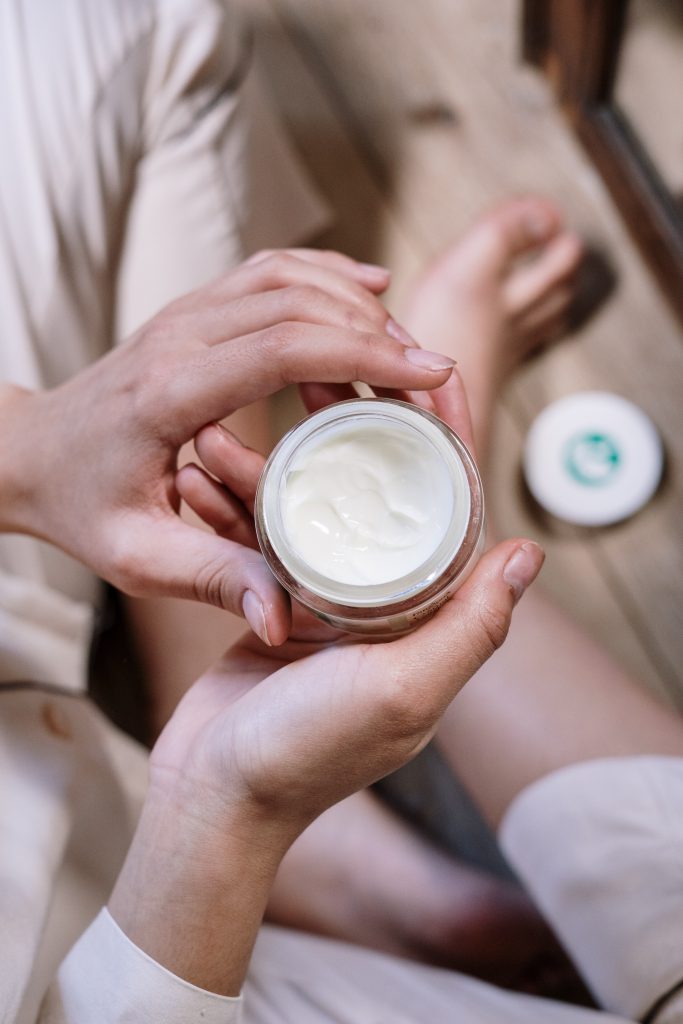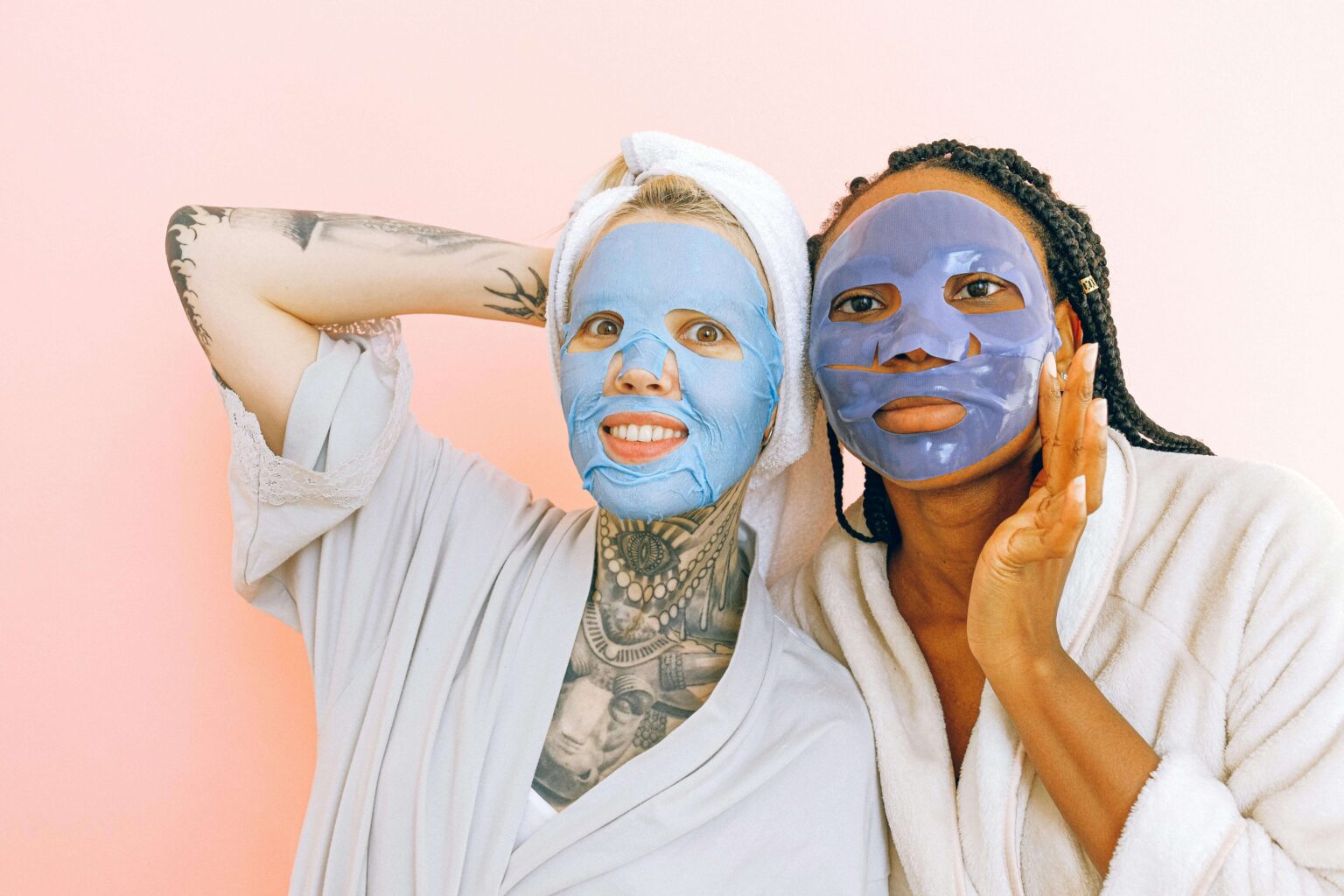Uncovering the Truth: Debunking 9 Common Skincare Misconceptions
With the vast array of misleading information regarding skincare, it’s time to dispel some falsehoods. From using toothpaste for blemishes to wearing sunscreen during rainfall – we have all your answers here! Let’s set the record straight and stay up-to-date on these popular yet incorrect skincare myths.
Don’t believe the lie – applying toothpaste to your breakouts won’t help dry them out!
Although toothpaste may contain ingredients that can temporarily dry out acne, it is not the ideal option as it often dries and irritates your skin too much, leading to redness and inflammation. Instead, you should use specific products specifically made for treating breakouts such as Benzoyl Peroxide which kills bacteria that causes acne while clearing away dead skin cells from follicles. If ever a new breakout appears on your face or body parts – simply apply Clear Anti-Blemish Treatment once daily until the breakout has been successfully treated!
False: Protecting your skin is not essential, even on overcast days.
Sunscreen is a must, even during the winter months! Despite what many people believe that sunscreen should only be worn on clear days, up to 80% of UV rays can filter through clouds. Therefore, The American Academy of Dermatology highly suggests wearing an SPF 30 or higher broad spectrum sun protection every single day – no matter the weather conditions. This will help protect your skin from dangerous radiation emitted by the Sun’s rays.
FALSE:Always popping your pimples is a good idea.
Fight the urge to pick or pop your blemishes! Doing so can spread bacteria, bring about new breakouts, and even cause scarring. Instead of risking these consequences, let a professional take care of any extractions you need. At the first sign of an inflamed breakout, use medicated formulas as spot treatments and mineral concealer for full cover-up if needed – this will help accelerate your skin’s natural healing process faster than picking would ever do.
Products with a high concentration of Benzoyl Peroxide are not necessarily the most effective treatment for acne.
Contrary to popular belief, more isn’t always better. Research from the American Academy of Dermatology concludes that using higher concentrations of Benzoyl Peroxide (BPO) does not provide superior results.
BPO is an incredibly successful acne-fighting method since it eliminates and reduces the bacteria that causes acne, causing skin to dry up and heal. However, extreme use can lead to over drying or peeling of your skin making it even worse than before. To get the maximum benefits from BPO without irritating your skin, carefully apply directly on inflamed lesions while avoiding other parts of healthier skin areas. Don’t forget to wash hands after application! Furthermore, be aware that this product has a bleaching effect so take caution when using colored towels or linens near BPO.
Contrary to popular belief, alcohol does not have a negative effect on your skin.
While many argue that alcohol is detrimental to the skin, it’s essential to note that certain types can be drying. However, when used in a correctly formulated product, they may help key ingredients penetrate deeper into the skin. Non-irritating fatty alcohols are immensely beneficial and should always be included in your skincare routine!
Despite what some may believe, Rosacea is not contagious.
Contrary to popular belief, rosacea is not the result of poor hygiene or contagious. While science has yet to identify a definitive cause for this skin condition, certain elements can act as triggers and lead to flare ups; these include eating spicy food and drinking specific types of alcohol, extreme physical activity, swift alterations in temperature or extended exposure to windy climates or direct sunlight.Rosacea is a common skin disorder in those with fair complexion, and it typically appears post-30. If you’re worried that you may have rosacea, then seek out the help of an experienced medical professional as soon as possible to get started on your treatment plan!
Debunking the Myth: Dimethicone Cannot Clog Your Pores.
It is commonly believed that dimethicone, a common ingredient found in makeup primers and skincare products, clogs your pores and prevents other ingredients from properly absorbing into the skin. However, its semi-permeable nature is frequently misunderstood! Contrary to popular opinion, this barrier allows your skin to breathe while still protecting against water loss. In addition, dimethicone has an incredibly low allergic reaction rate of 1 in 100 000 – the same probability as a child becoming an NFL quarterback!
Do not be fooled – while some complex ingredients may seem intimidating
While it can be intimidating to come across so many unfamiliar ingredients on a product label, don’t let that hold you back from loving them! Here are just some of the mouthfuls that should not be overlooked: Cocamidopropyl Hydroxysultaine (from coconut oil and great for cleansing), Methylsulfonylmethane (a pain-relieving natural compound), Glycyrrhetinic Acid (shredded licorice root extract which nourishes dry skin) and Isodecyl Neopoentonate (an emollient with exceptional spreadability).
Contrary to popular belief, professional facials are far more effective than at-home alternatives.
At-home skin care is essential for preserving a healthy complexion, yet professional estheticians use products that are even more potent than what you can purchase in stores. To unlock the full potential of your skin’s radiance and health, discover how often to consider getting a facial from an experienced expert.





